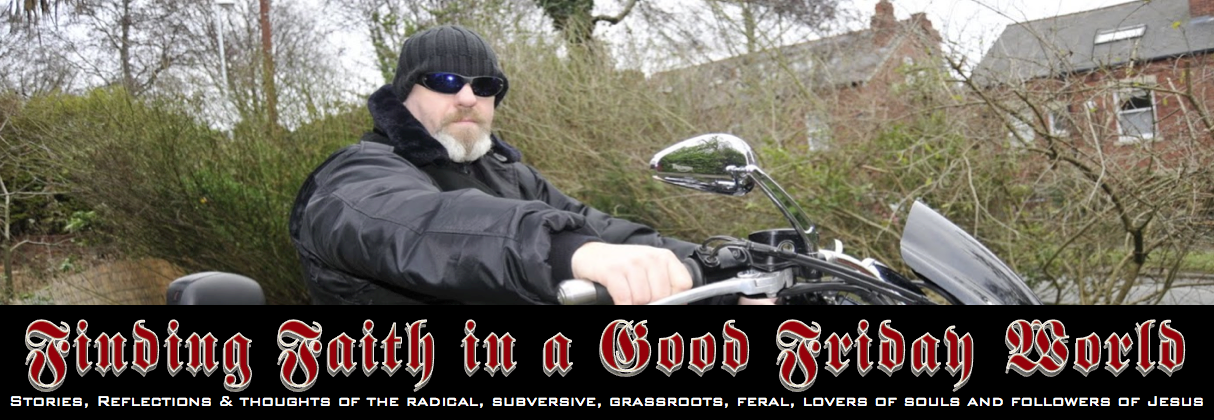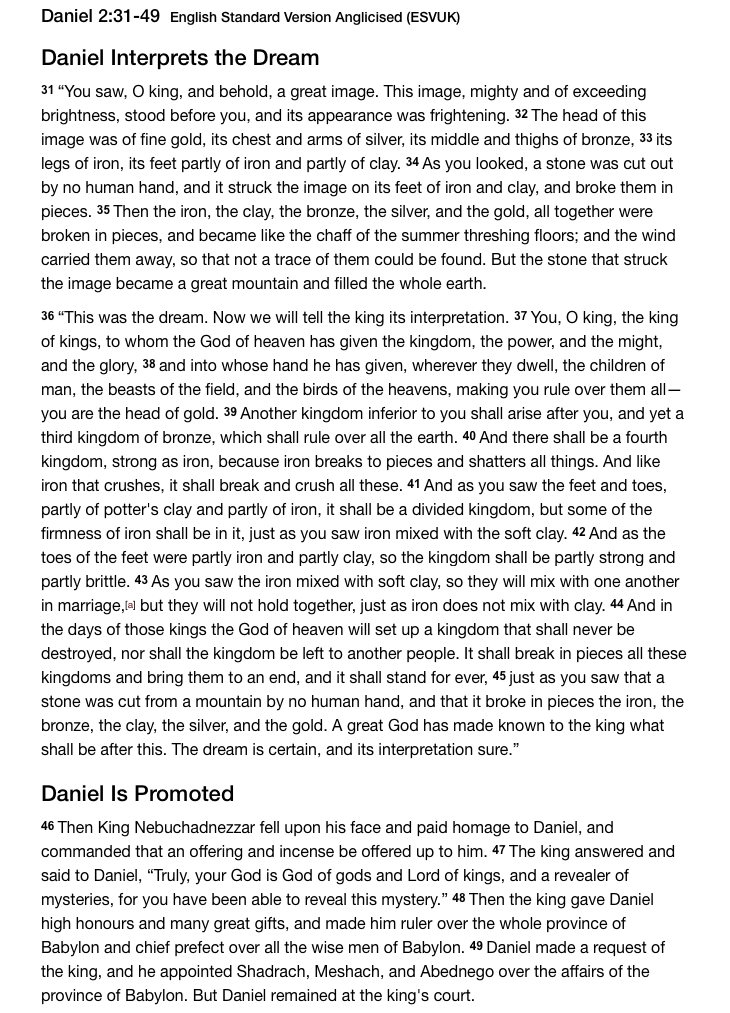For the past decade, not much has been heard musically from ELO mastermind (and solo artist/former Travelling Wilbury) Jeff Lynne. For fans clamouring for some new Lynne recordings, you are about to be treated to a pair of new releases from the bearded, sun-glass-sporting gentleman. October 9th will see the release of both Long Wave and Mr. Blue Sky: The Very Best of Electric Light Orchestra – the former a covers collection of early radio favourites of Lynne's, and the latter re-recordings of ELO classics. Mercy, Mercy" (sometimes referred to as "Have Mercy") is a rhythm and blues song first recorded by American R&B singer/songwriter Don Covay in 1964. It has been identified as a song that "not only established a new guitar dominated soul sound, but also proved a formative influence on white r&bers Mick Jagger and Peter Wolf". The song-writing is usually credited to Covay and Ron Alonzo Miller, although other co-writers' names have also appeared on various releases.
Have mercy
Have mercy baby
Have mercy
Have mercy on me
Well I went to see a gypsy
And had my fortune read
She said Don, your baby's gonna leave you
Her back is packed up under the bed
And I cry
Have mercy
Have mercy baby
Have mercy
Have mercy on me
I say, if you leave me baby
Girl if you put me down
Well I'm a goin' to the nearest river, child
And jump overboard and drown
Don't leave me
Have mercy
Have mercy baby
Mercy yeah
Have mercy
Have mercy on me
Well hey hey baby, hey hey now
What you tryin' to do, huh?
Hey hey baby, hey hey now
Please don't say we're through
I said if you stay, baby
I tell you what I'm gonna do
I'm gonna work to a job seven days a week
And bring my money home to you
Well I say mercy,
Mercy, mercy, mercy...
Have mercy
Have mercy on me
Well I went to see a gypsy
And had my fortune read
She said Don, your baby's gonna leave you
Her back is packed up under the bed
And I cry
Have mercy
Have mercy baby
Have mercy
Have mercy on me
I say, if you leave me baby
Girl if you put me down
Well I'm a goin' to the nearest river, child
And jump overboard and drown
Don't leave me
Have mercy
Have mercy baby
Mercy yeah
Have mercy
Have mercy on me
Well hey hey baby, hey hey now
What you tryin' to do, huh?
Hey hey baby, hey hey now
Please don't say we're through
I said if you stay, baby
I tell you what I'm gonna do
I'm gonna work to a job seven days a week
And bring my money home to you
Well I say mercy,
Mercy, mercy, mercy...
Mercy Me by Jeff Lynne is a classic about a lover asking for mercy. Mercy is a virtue that is under stated in today's world. To be merciful is to show compassion and forgiveness. Mercy is a virtue that God himself displays. It is part of God's character to show mercy and give out justice. This really means providing restoration we hear this echoed in the fifth Beatitude. "Blessed are the merciful for they shall receive mercy"
Jesus himself show what God's mercy is like. He is the epitome of the mercy of God and to be the recipient of that mercy is a gift of God, It's what God does. It's his character and virtue. In this beatitude there is an encouragement to merciful as God is merciful, and God's mercy always has reconciliation attached to it. therefore to be merciful is to work for reconciliation in all of our relationships in life, Mercy is not a virtue that we see much of today. Our ears, eyes, and emotions are assaulted on a daily basis by anti mercy thoughts and sentiments. Violence, Stubbornness, Injustice, Bigotry, Scams and Prejudice make headline news. Acts of mercy are so rare that they take our breath away when we see them.
In the Old Testament Tabernacle the ark of of the covenant was placed at God's command in the holy of holies. The ark of the covenant, the chest containing the two stone tablets inscribed with the Ten Commandments, was the most sacred object of the tabernacle and later in the temple in Jerusalem, where it was placed in an inner area called the Holy of Holies. Also within the ark were the golden pot of manna, such as was provided by God in the wilderness wanderings (Exodus 16:4) and Aaron’s almond rod (Numbers 17:1-13). On top of the ark was a lid called the mercy seat on which rested the cloud or visible symbol of the divine presence. Here God was supposed to be seated, and from this place He was supposed to dispense mercy to all when the blood of the atonement was sprinkled there.
Therefore God's mercy is higher than judgement and justice. It's not justice that comes first in the heart of God and in the ministry of Jesus but mercy and mercy only. This is what makes God really God. this is the primary virtue that Jesus invites us to manifest in our daily lives. It's not justice but mercy. Not ascribing to people what they deserve but providing people that which they do not deserve. Being merciful is one of the strongest virtues going. It marks out the men from the boys (Sorry ladies, a term of speech) It takes more courage to be merciful that to be just. Justice is making sure that people get what they deserve, but mercy gives what people do not deserve. Mercy is from the family of grace.
To those who heard this statement amidst the other shocking statements of the beatitudes was to hear about a change in direction and a change in heart. This may have been a bridge too far. Justice is what was on the lips of the people. God giving out what people deserve to get. Mercy is in other league entirely.
Oh that mercy would inform our church life, our politics, our sense of being in this community and world. Mercy is who God is. May we all learn to be courageous in giving mercy. This is what Jesus is really getting at.







.png)



.png)






































